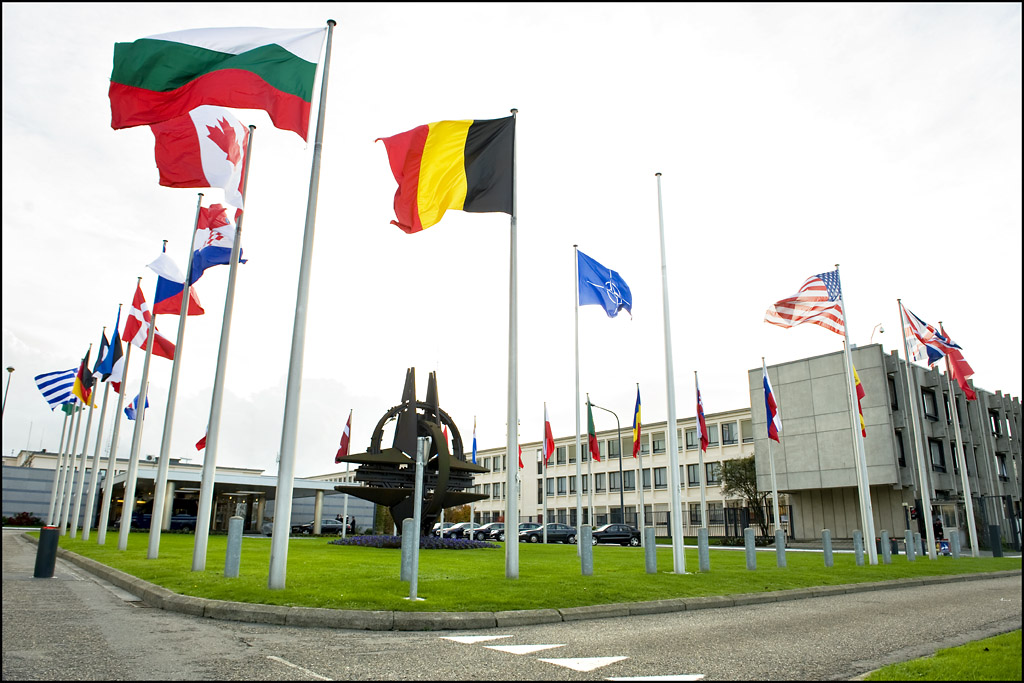
The Future of NATO: Towards Where Will It Turn?
Originally founded as a deterrent to Soviet aggression in Europe, the North Atlantic Treaty Organization (NATO) is now the most successful and effective alliance the world has ever seen. However, since the collapse of the Soviet Union, the Alliance has often become the focus of attack by those that see it as arcane. To the […]
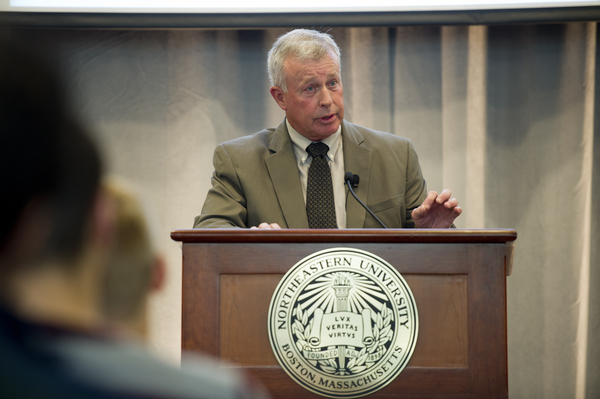
Reflections on General David D. McKiernan’s September 20th Address
When retired General David D. McKiernan thanked faculty and students for giving up a Friday evening to join him in Northeastern University’s packed Raytheon Amphitheater, no one mentioned it was Thursday. Former commander of US and NATO forces in Afghanistan, as well as leader of all ground forces during the 2002-2003 Operation Iraqi Freedom, Gen. […]

Run For Your Life: Theories of International Politics and Zombies
Something is aloof in international affairs, or so thinks Tufts University Professor Daniel Drezner. Every day scholars and policy-makers meticulously hammer away at the ins and outs of pressing national security threats (Al-Qaeda, China, Iran, Wall Street, Occupy Wall Street). Drezner, however, believes that these political observers have wholly failed to recognize and address what […]
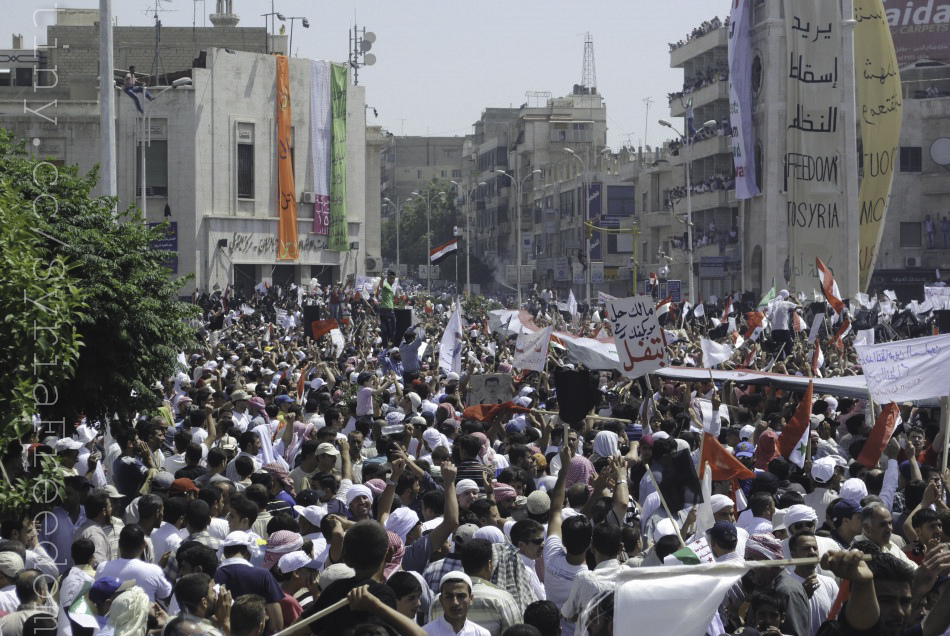
An Un-United Nations: How the International Body Is Failing the Syrian People
The deterioration of the human condition through violence mars history. Crimes such as slavery, forced deportation, and genocide have extinguished and defined populations. Unfortunately, crimes against humanity are not exclusive to ancestral pasts; humanity continuously faces grave challenges. During the first ten days of December 2011, one thousand Syrians lost their lives to political persecution. […]

Symptoms of Cold Warfare Between Saudi Arabia and Iran: Part 3 of 3
This is the final installment in a three-part series that examines the historical foundations, current dynamics, and future prospects of the relationship between Iran and Saudi Arabia. Parts I and II provided historical and contemporary accounts of the two countries’ often turbulent relationship since 632 and 1979, respectively; part III is an analysis of the […]
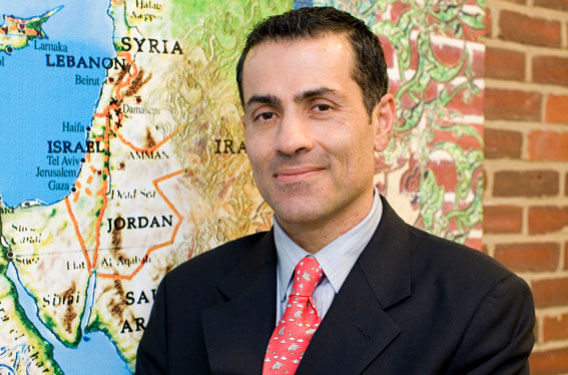
Interview With Vali Nasr: Analyzing the Iranian Nuclear Threat
On March 6, 2012, the NUPR’s International Editor Dominic Contreras sat down with Tufts University Professor Vali Nasr, one of the world’s foremost experts on Iran and the Muslim world, to discuss the Iranian nuclear program and possible responses to it. Below is an excerpt of that interview. Q: Over the past year we’ve heard […]

Powder Keg in the South China Sea
With the launch of China’s newest naval vessel, a 1000 foot – 67,500-ton ex-Soviet aircraft carrier, it becomes a member of an elite group of nations. Only nine other nations operate these capital ships, of which only 20 exist worldwide. All nations on the United Nations Security Council, including China’s rival, India, operate and maintain […]
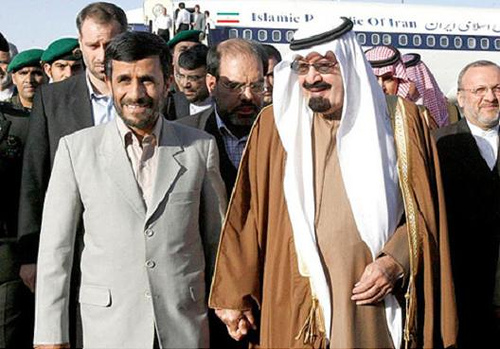
Symptoms of Cold Warfare Between Saudi Arabia and Iran: Part 2 of 3
This is Part II in a three-part series that examines the historical foundations, current dynamics, and future prospects of the relationship between Iran and Saudi Arabia. Part I provided a historical account of the relationship between the two countries and their people from 632 until the Iranian Revolution in 1979; Part II examines the relationship […]
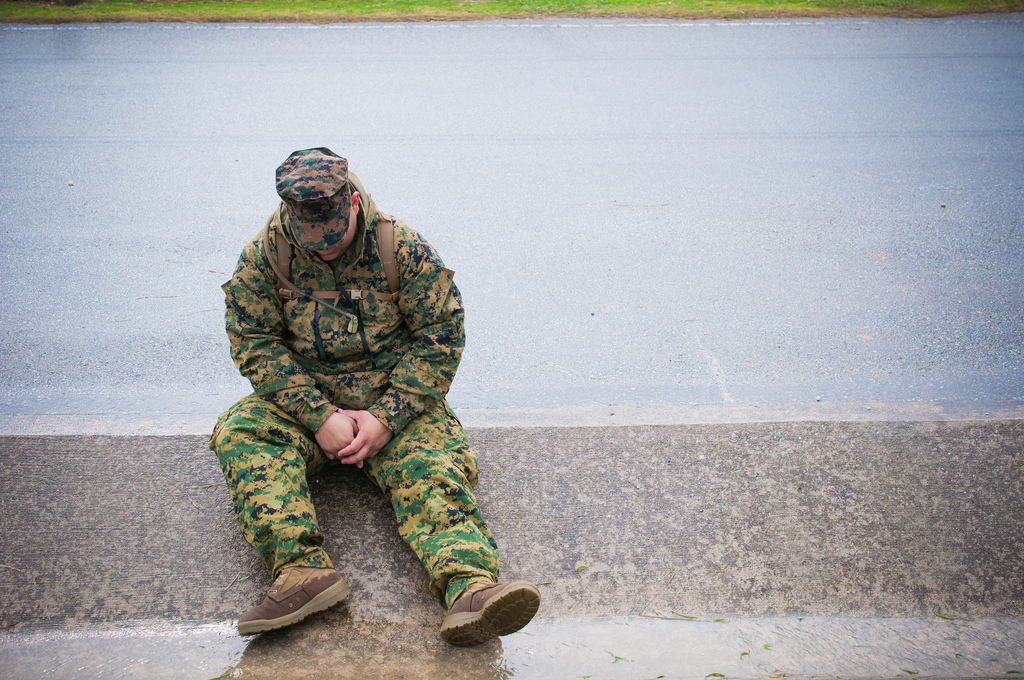
Rethinking an Active U.S. Military Policy
As the Obama administration concludes a long overdue disengagement from Iraq and attempts to bring about a negotiated settlement in Afghanistan, it is imperative that policy makers not lose sight of the crucial role that an active foreign military policy plays in supporting and sustaining Washington’s vital interests. Coupled with a domestic economic crisis, the […]
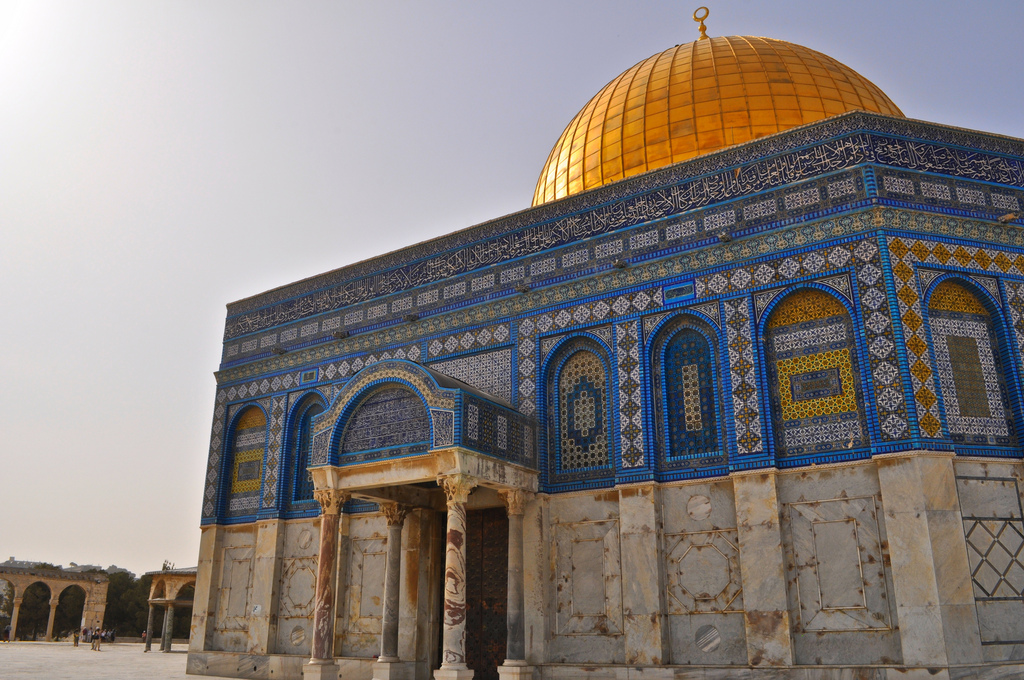
Is One Enough: Implementing a One-State Solution for Israel and Palestine
Mainstream media and American political discourse have continually ignored the one-state solution as a viable option for the resolution of the Israeli-Palestinian conflict. The concept has been dismissed as too radical, though its background points to a history older than Israel and is rooted in the basic tenets of democracy and justice. The more prominent […]
